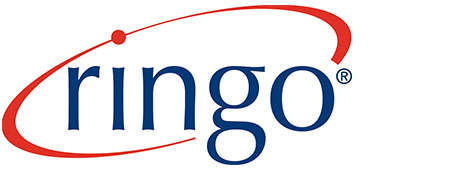MSP 101
MSP FAQS
Make the Most of Your MSP Partnership With Our Frequently Asked Questions
Contact UsWhat is an MSP?
An MSP (Managed Service Provider) is a comprehensive solution designed to centralize and streamline the management of an organization’s contingent workforce. It covers everything from vendor management and compliance to workforce analytics, ensuring efficient and cost-effective staffing operations.
How does an MSP differ from a VMS?
While a VMS is a technology platform used to manage staffing vendors and contingent workers, an MSP goes beyond technology to provide a full-service solution. MSPs often include dedicated account teams, vendor negotiations, compliance oversight, and strategy consulting alongside the VMS platform.
What are the benefits of using an MSP for workforce management?
MSP's provide numerous benefits, including:
- Streamlined vendor relationships
- Reduced costs through rate negotiation and compliance
- Enhanced visibility into workforce metrics
- Optimized staffing processes with real-time data and analytics
- Improved compliance and risk management
How does an MSP help with cost savings?
An MSP negotiates vendor rates, monitors time and expense entries, and reduces administrative overhead through centralized processes. On average, clients see significant reductions in contingent labor costs and administrative expenses.
What industries benefit most from MSPs?
MSPs are particularly valuable in industries with high contingent labor demands, such as healthcare, IT, manufacturing, and logistics. Healthcare organizations, for instance, benefit greatly from MSPs due to their unique compliance and credentialing requirements.
How does an MSP ensure compliance with labor laws and regulations?
An MSP integrates compliance checks into every step of the workforce management process. It monitors credentialing, certifications, labor laws, and other regulatory requirements to minimize risk and ensure adherence to all relevant standards.
Can an MSP work with multiple vendors?
Yes, MSPs are designed to manage relationships with multiple staffing vendors. They provide a vendor-neutral approach to ensure fair job distribution, competitive pricing, and access to the best talent across the vendor network.
What reporting capabilities does an MSP offer?
MSPs provide robust reporting and analytics, offering real-time insights into workforce metrics like cost, vendor performance, compliance rates, and workforce utilization. These insights help organizations make data-driven decisions to optimize their staffing strategies.
How does an MSP handle credentialing and onboarding?
An MSP streamlines the credentialing and onboarding process by automating workflows, tracking document expiration dates, and ensuring all necessary certifications and licenses are verified before workers start.
What role does technology play in an MSP?
Technology, often in the form of a VMS, is the backbone of an MSP. It facilitates vendor management, time tracking, compliance monitoring, reporting, and communication between clients and staffing providers.
What level of customization does an MSP offer?
MSPs offer customizable solutions tailored to an organization’s specific needs. This includes personalized workflows, custom rate cards, and configurable reporting dashboards to align with business goals.
How do I get started with an MSP?
Getting started with an MSP begins with a needs assessment to identify your organization’s workforce challenges and goals. Afterward, the MSP team develops a tailored strategy, sets up the necessary technology, and begins managing your contingent workforce.

